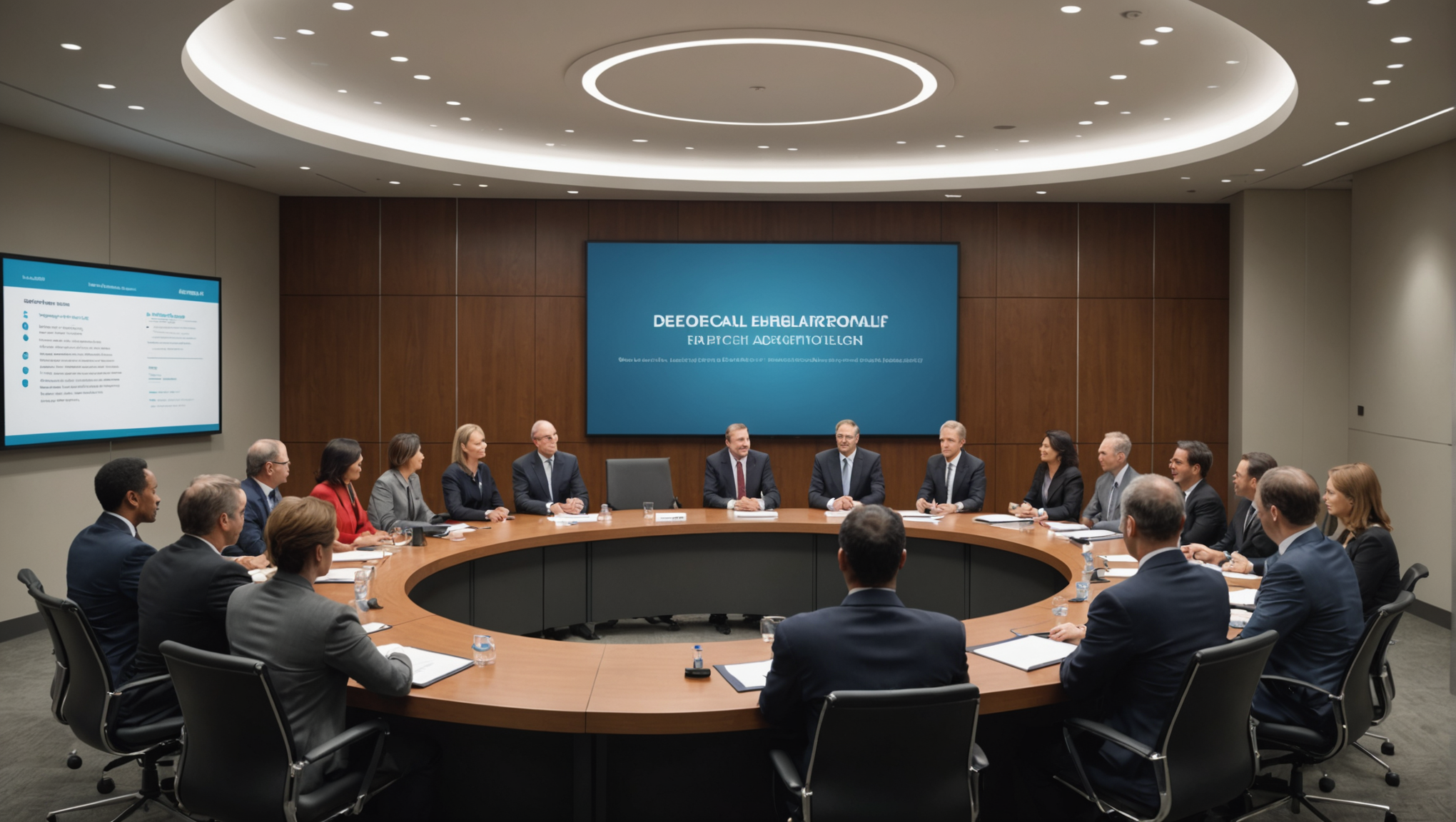In an environment where ethical challenges are multiplying, ethical decision-making proves to be a fundamental element of modern leadership. Leaders must continually navigate between their personal values and the expectations of their teams, while considering the consequences of their choices. An ethical approach to leadership is not limited to adhering to standards, but involves deep reflection on the impacts of each decision on the organization and society. Bringing clarity and awareness to these decision-making processes can transform corporate culture and strengthen trust within teams.

Ethical decision-making is a fundamental aspect of modern leadership. It refers to a leader’s ability to make choices that not only consider economic outcomes but also social and environmental implications. This involves a thorough reflection on the values underlying decisions, as well as an assessment of the effects of these choices on individuals, teams, and the organization as a whole.
In today’s business world, where integrity and social responsibility are more highlighted than ever, leaders must be able to integrate an ethical approach into their decision-making process. This starts with a clear definition of what constitutes a moral value. These values dictate not only the corporate culture but also the behavior of employees. Ethical leaders strive to ensure that their decisions reflect these values, whether in the treatment of employees, interaction with clients, or respect for the environment.
One of the key aspects of ethical decision-making is responsibility. Leaders must be aware of the consequences of their choices. This means they must recognize and admit when their decisions have negative impacts, and be willing to rectify mistakes made. This ability to accept responsibilities fosters a climate of trust within the organization and encourages employees to act similarly, thus creating a virtuous circle of ethical behavior.
Transparency also plays a crucial role in ethical decision-making. Leaders must clearly communicate the reasons behind their choices and how these align with the core values of the company. This not only helps to reinforce the leader’s credibility but also aids employees in understanding the framework within which these decisions are made. Transparency fosters a culture of openness where employees feel comfortable asking questions and sharing their concerns.
Furthermore, it is essential for leaders to have a critical thinking approach when making decisions. This includes regularly evaluating their actions, as well as self-assessing the outcomes of their previous decisions. A leader capable of showing introspection will be able to identify areas for improvement and adapt their management style accordingly, thus promoting continuous personal development.
Additionally, consulting with various team members can prove beneficial. A collaborative decision-making process allows the leader to access a diversity of perspectives, enriching the analysis of issues. By integrating multiple viewpoints, leaders can better understand the implications of their decisions. This also strengthens employee buy-in, as they feel involved in the decision-making process, especially when the decisions made are perceived as fair and just.
Finally, the practice of ethical leadership must be constant. Leaders should not stop at occasional choices; they must establish an ethical culture that permeates all facets of the organization. This will contribute not only to a positive work atmosphere but also to sustainable long-term performance, while enhancing the company’s reputation among its stakeholders.

Frequently Asked Questions about Ethical Decision-Making in Leadership
What is ethical decision-making? Ethical decision-making refers to the process by which a leader makes choices based on moral values, considering the consequences for individuals and the organization.
Why is ethical leadership important? Ethical leadership is crucial because it fosters trust within teams, improves employee morale, and contributes to a positive corporate culture.
How can a leader ensure ethical decision-making? A leader can ensure ethical decision-making by regularly stepping back to evaluate their choices and ensuring they align with the organization’s principles and values.
What are the levers of ethical leadership? The main levers include promoting open communication, respecting individual rights, and clarifying the values that guide the company’s actions.
What role do values play in ethical leadership? Values are the cornerstone of solid ethical leadership. They guide decisions, enhance accountability, and encourage leaders to take responsibility for their actions.
How can ethical leadership influence behavior within a team? Ethical leadership inspires team members to adopt responsible behavior and make decisions aligned with ethical practices, thus creating a healthy work environment.
What impacts can an ethical decision have on an organization? An ethical decision promotes sustainable outcomes, reduces the risks of impulsive behaviors, and contributes to the organization’s reputation.












